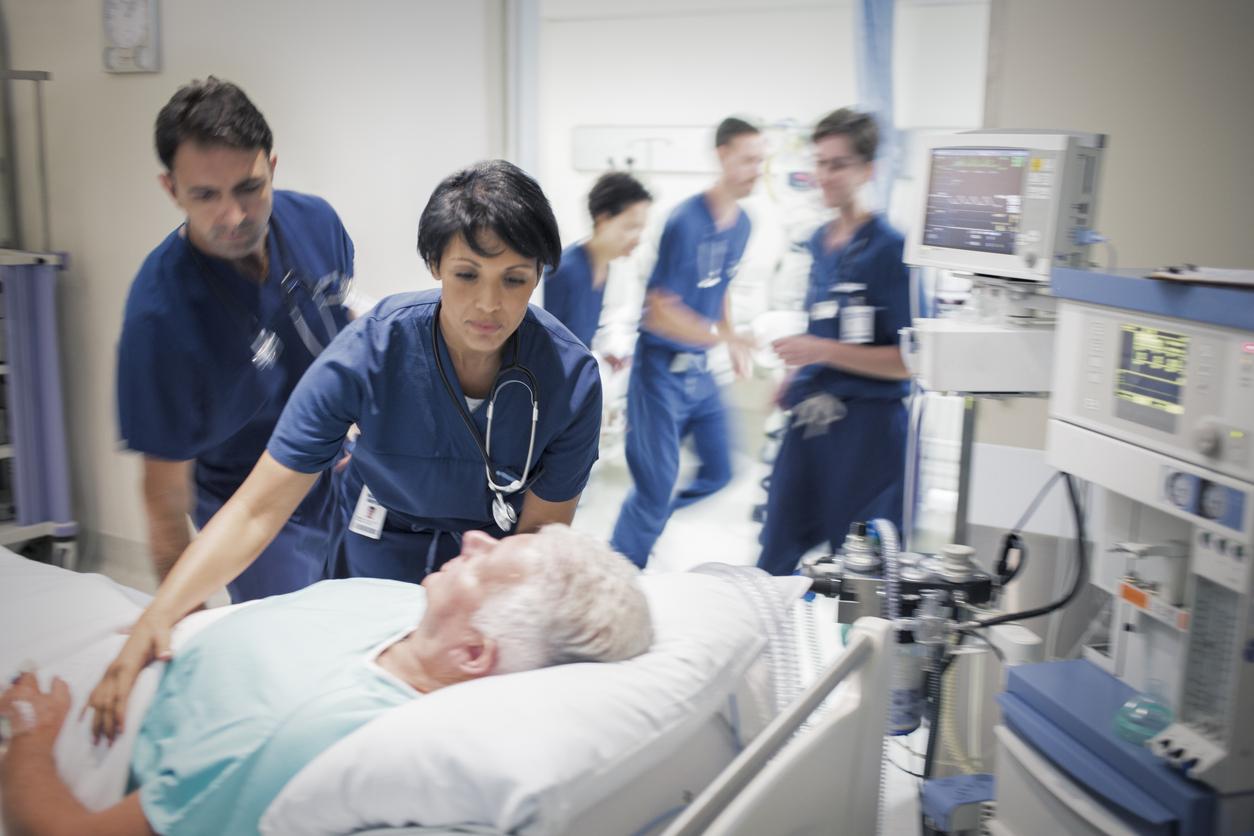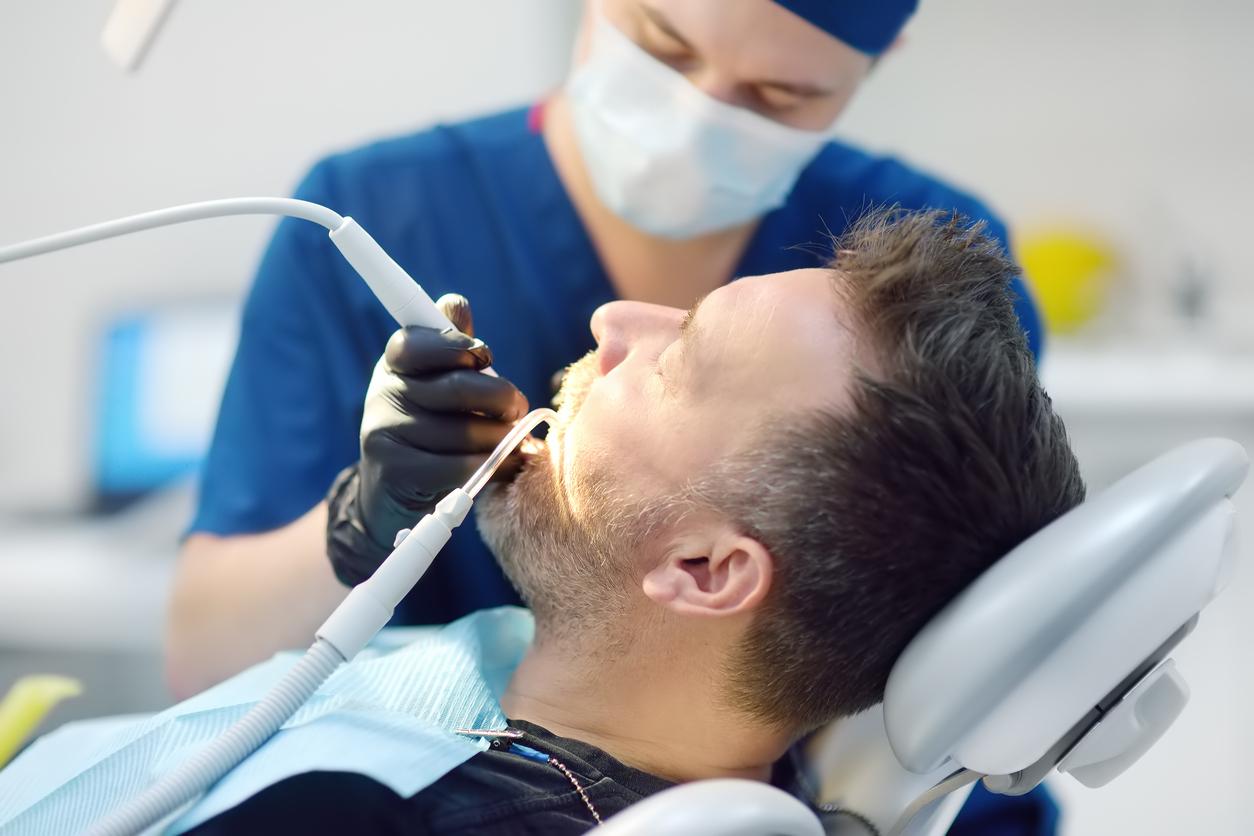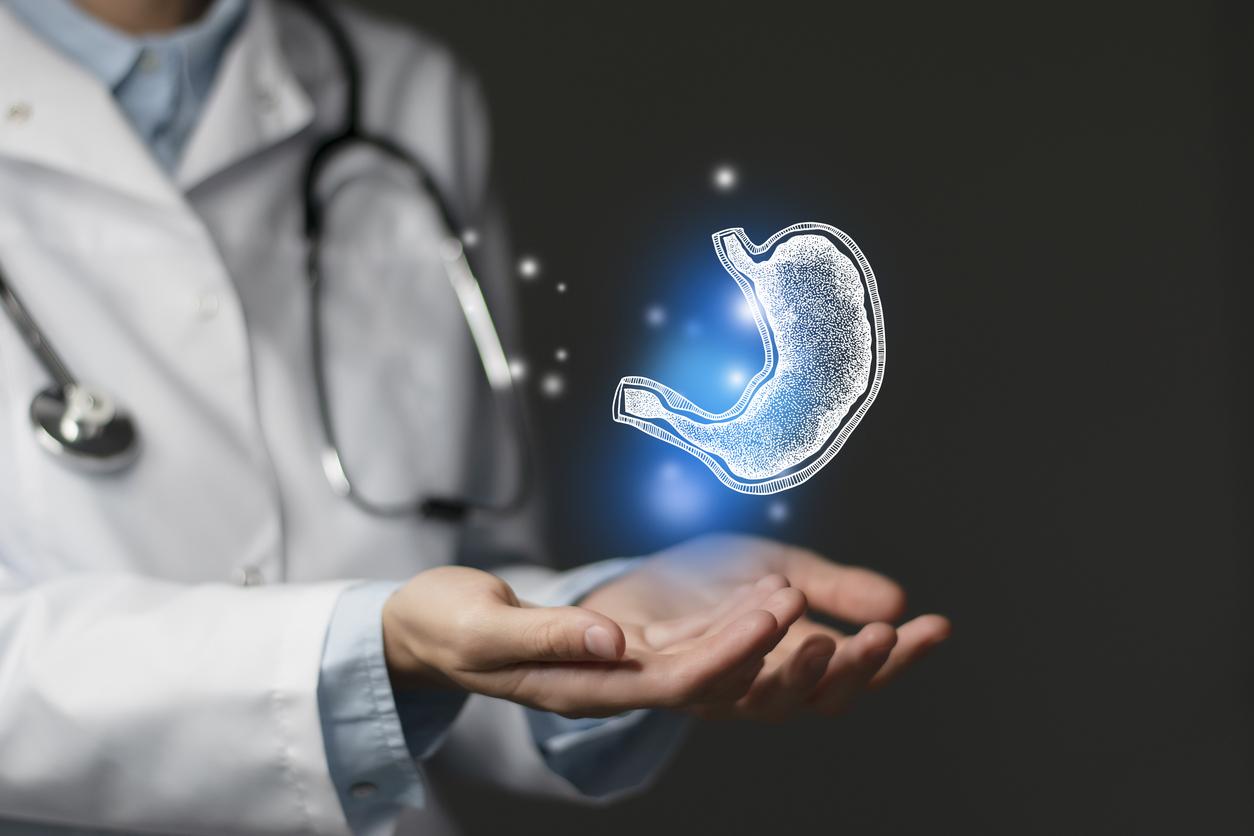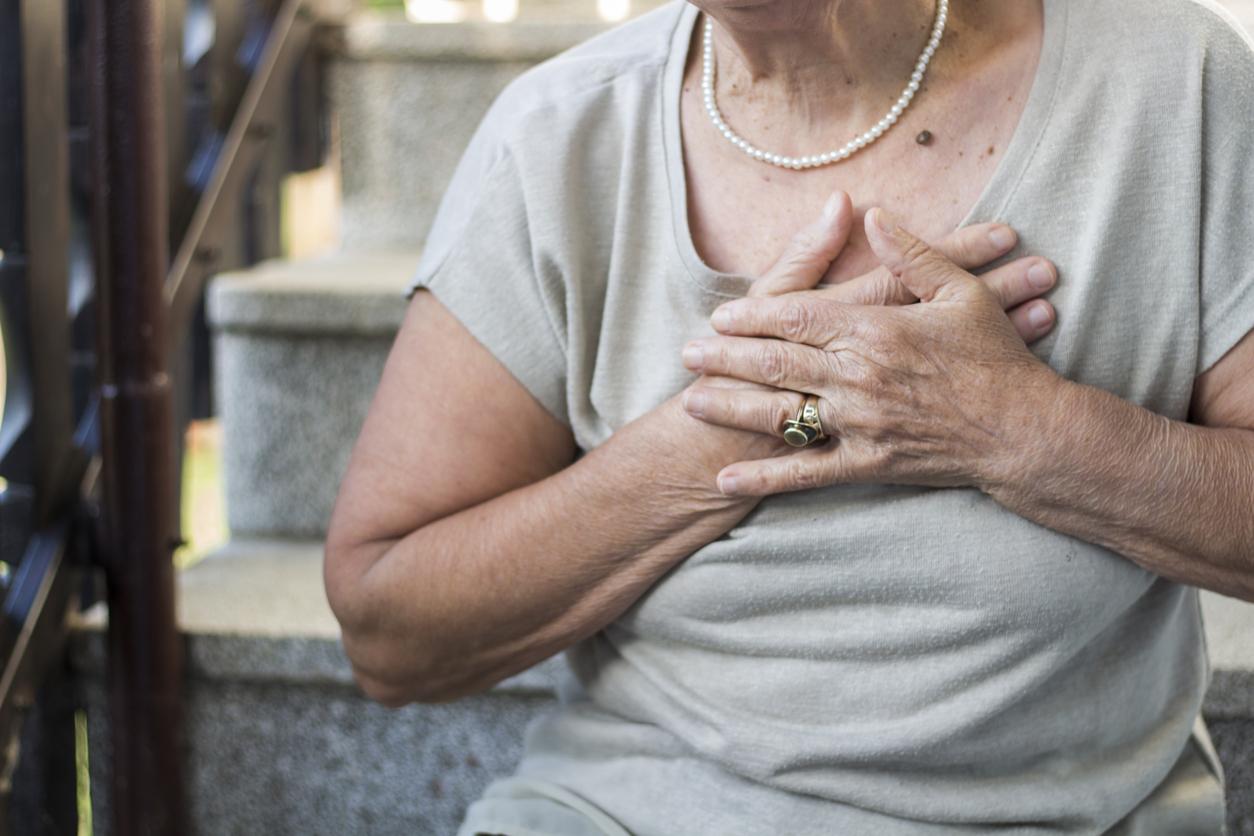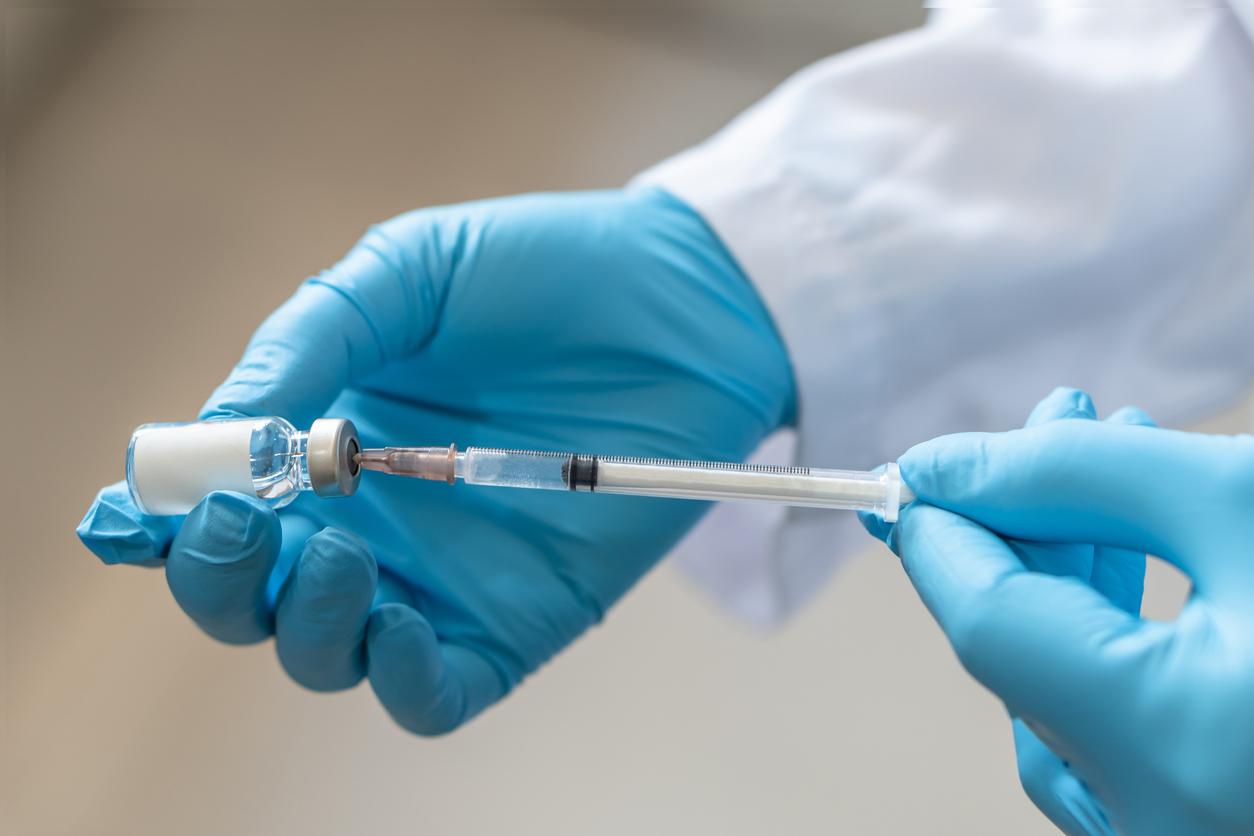The High Authority for Health (HAS) recommends not to use domperidone-based drugs, associated with significant risks in children.

The High Authority for Health (HAS) issues a strong opinion against the use of Motilium, Peridys or Oroperidys, especially in children. These domperidone-based drugs, commonly used to treat nausea and vomiting that can accompany gastrointestinal infections, pose too great a risk. The HAS identifies cardiac or neurological problems, which can lead to death.
It now encourages their total abandonment for the most fragile people (children, adults over 60, and pregnant or breastfeeding women).
In adults, its use “should only be considered for acute nausea and vomiting with symptoms that may lead to serious or very annoying complications in the short term”, recommends the HAS. “The doctor should adopt the lowest possible dosage, with the shortest possible duration of treatment (less than a week). “
Too much side effects
While side effects are rare, they can be serious. The risk of serious ventricular arrhythmia and sudden cardiac death worries the HAS. In 2005, the health authority had already restricted the reimbursement of domperidone to prescriptions against nausea and vomiting, following the diversion of the use of the drug, in particular to stimulate lactation.
Review Prescribe estimated that in 2012, between 25 and 120 sudden deaths would have been attributable to Motilium and its generics. The ANSM had already issued a warning against this drug in early 2014. At the end of the same year, the higher dosage forms had been withdrawn from the market.
Alternatives are available. HAS recommends drugs based on metopimazine (Vogalene) or metoclopramide (Primperan).
.








